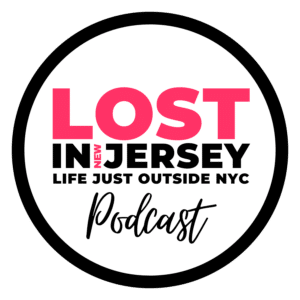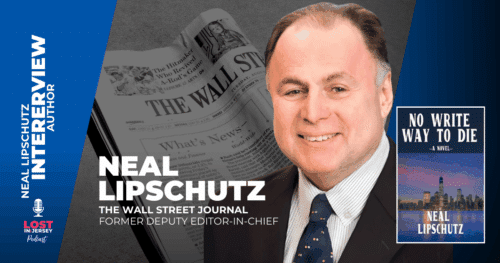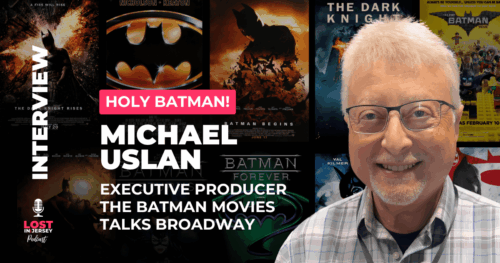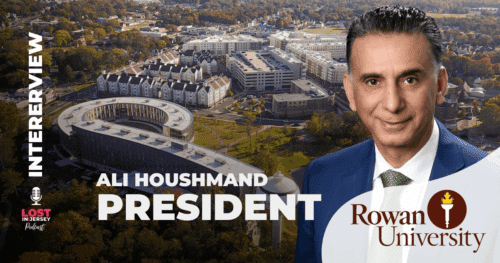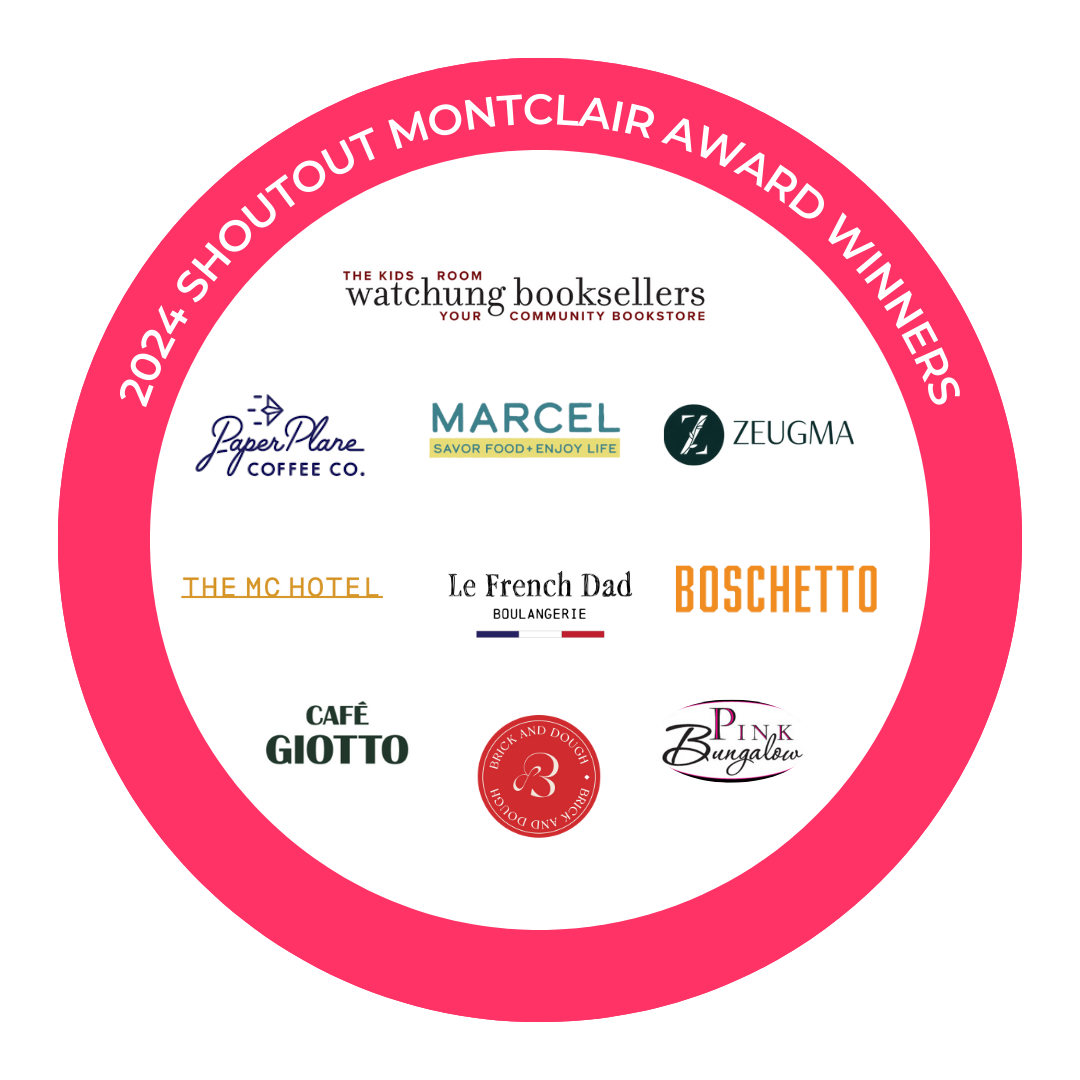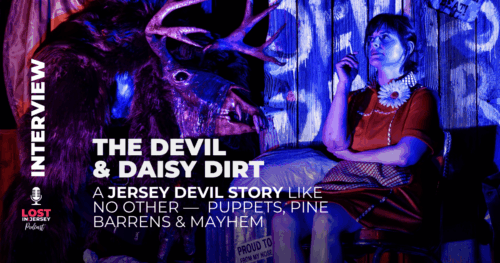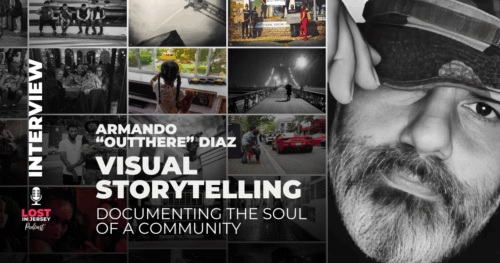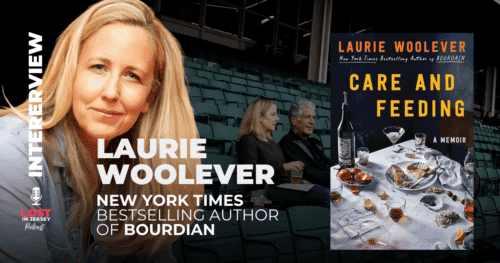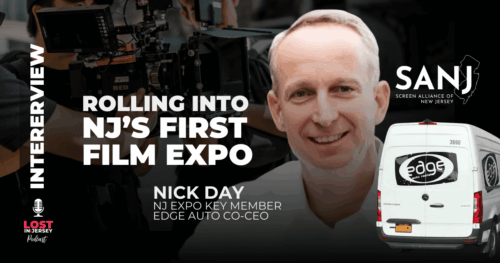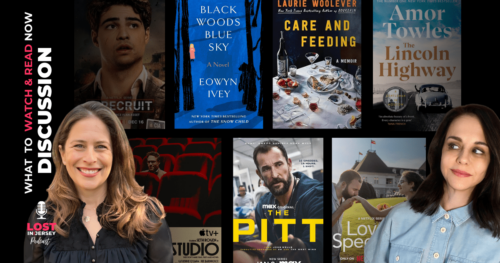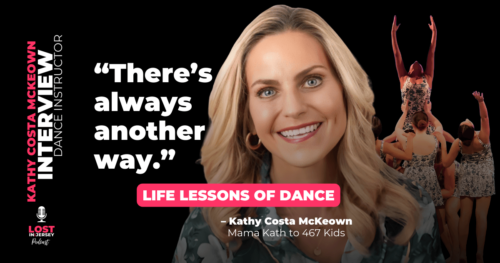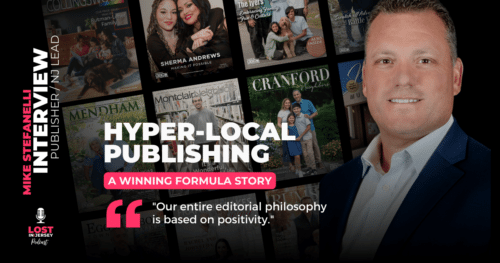Go Back and Get It – Book by Dionne Ford
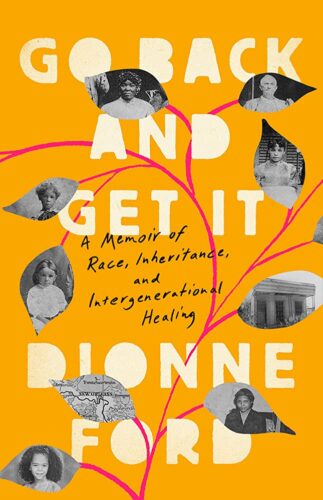
Dionne shares her experiences with EMDR therapy and the importance of understanding the history of slavery in New Jersey. We also touch on the significance of the Strand bookstore event and the upcoming Montclair Literary Festival. This heartfelt conversation delves into the complexities of family, trauma, and the power of storytelling.
Find at Our Local Bookstore or Amazon
Featured in: The New Yorker, People magazine, NPR, Scheer Intelligence, LitHub, New Jersey Monthly, and Montclair Magazine.
“Tenacious, openhearted, ultimately transcendent”
—The Washington Post
[00:01:40] Interview mishap and recovery.
[00:07:38] Going back to school.
[00:09:24] Last state to abolish slavery.
[00:13:43] Capoeira and its heritage.
[00:19:30] Ancestral picture discovery.
[00:22:01] Complicated relationships and family dynamics.
[00:26:42] Eye movement and trauma studies.
[00:30:43] A playlist of favorite songs.
[00:35:01] Falling in love.
[00:37:09] Recording mishap with Robert Altman.
A Conversation with Dionne Ford
About the Author Dionne Ford
Dionne Ford is a writer/author known for her memoir “Go Back and Get It.” Her book sheds light on America’s history, exploring topics such as race, identity, Brazilian history, and intergenerational trauma. Ford’s work emphasizes the importance of understanding our history and the impact of trauma on individuals and communities. Through her writing, she shares her personal experiences. Dionne Ford’s achievements and credentials as an author contribute to her ethos and establish her as a respected voice in the literary world.
- Dionne lives in New Jersey.
- Recipient of National Endowment for the Arts Winner
- She is a Journalist and Creative Writing teacher at Fordum
Introduction:
In this blog post, we will delve into a fascinating conversation with Dionne Ford, the author of “Go Back and Get It: A Memoir of Race, Inheritance, and Intergenerational Healing.” We will explore her journey of uncovering her family’s history, the significance of her book, and her experiences during book events and interviews.
Discovering Ancestral Roots:
Dionne shares her personal journey of uncovering her family’s history, starting with a photograph that sparked her curiosity. We learn about her motivation to explore her ancestry and the challenges she faced in finding information on her enslaved ancestors.
The Importance of History:
Dionne sheds light on the often-overlooked history of slavery in New Jersey, emphasizing that it was the last state to abolish slavery in the North. She highlights the significance of understanding the contributions and struggles of oppressed people in the country’s history.
Intergenerational Trauma:
The conversation touches upon the concept of intergenerational trauma and its impact on individuals and communities. Dionne shares her personal experiences and the role it played in her exploration of her family’s history.
The Power of EMDR:
Dionne discusses her experience with Eye Movement Desensitization and Reprocessing (EMDR), a therapeutic technique used to address trauma. She shares how EMDR helped her process her emotions and move forward in her journey.
Book Events and Excitement:
Dionne reflects on her recent book events, including the Montclair Wichong Bookstore and The Strand. She shares her excitement, the support she received from friends and family, and the joy of connecting with readers.
Conclusion:
Dionne Ford’s memoir, “Go Back and Get It,” offers a powerful exploration of race, inheritance, and intergenerational healing. Through our conversation, we gain insight into her personal journey, the significance of her book, and the impact it has had on readers. Dionne’s story serves as a reminder of the importance of understanding our history and the power of storytelling in healing and connecting with others.
